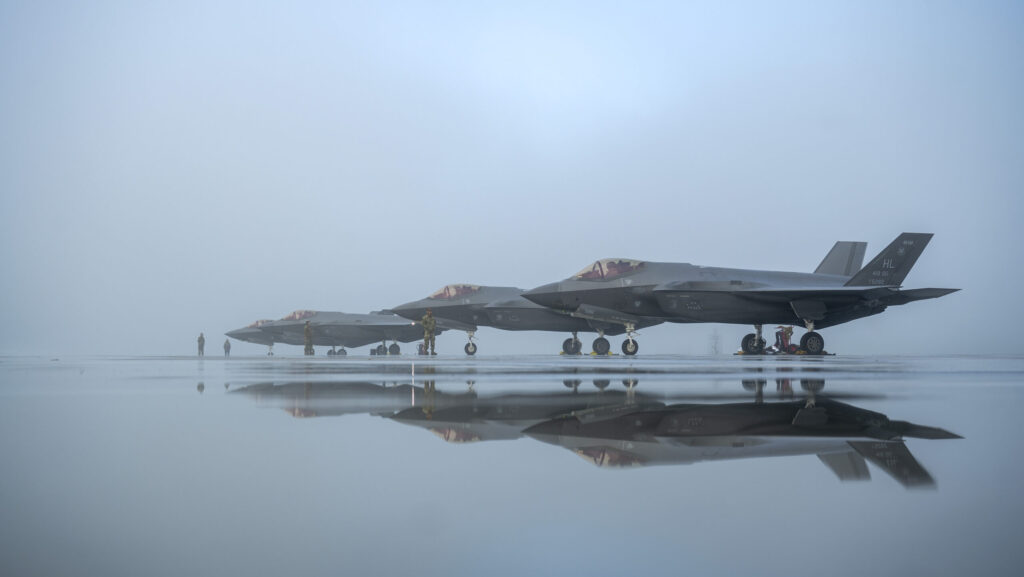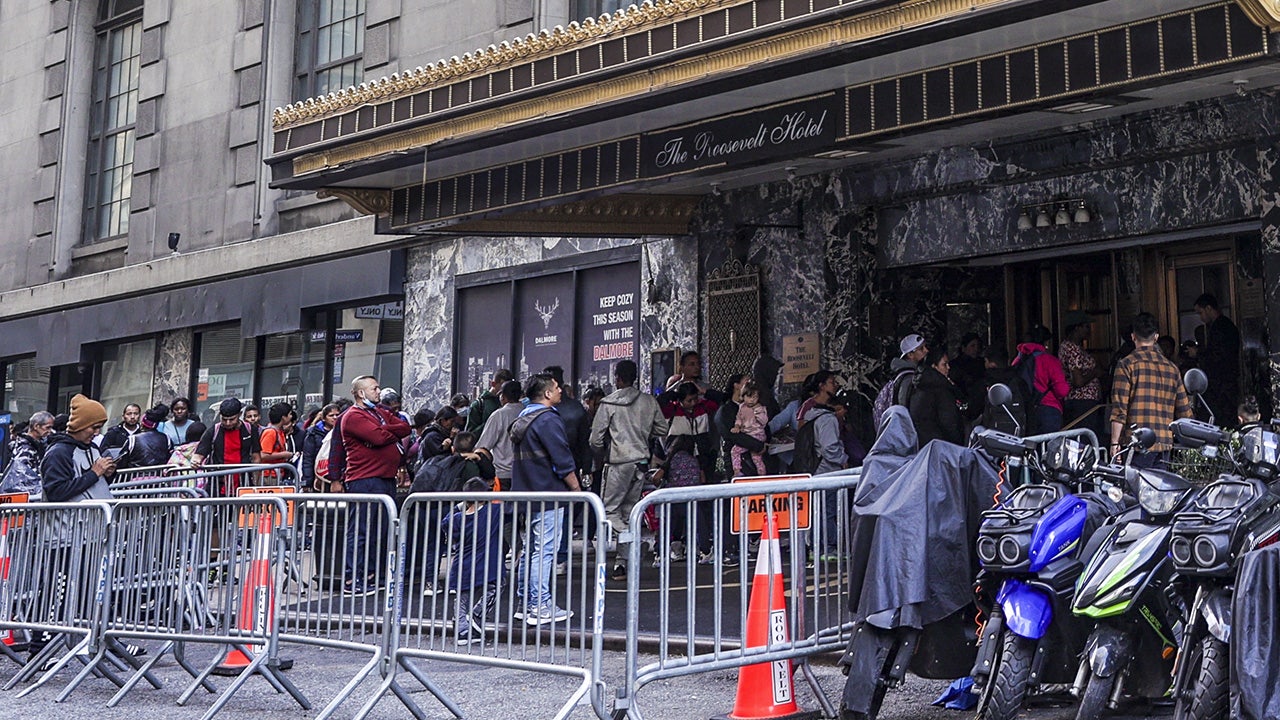New Delhi: External Affairs Minister, S Jaishankar on Friday said that India should not give power to other countries to influence its policy changes and should be confident enough to “leverage the international system to create the best possible outcome” for itself.
“Today, when I say think through your own solutions is don’t give another country which is clearly a competitive country a veto over our policy changes. Unfortunately, in past, it has happened. We should be confident enough to leverage the international system to create the best possible outcome,” he said while participating a panel discussion at the Raisina Dialogue 2024 in the national capital.
Addressing a question on India-China bilateral relations, the External Affairs minister said that the biggest challenge for both the countries would be that instead of getting caught up in “mind games”, India should harness other factors to get better terms to arrive at an equilibrium and then maintain it.
He said that the immediate issue between India and China was the latter’s decision to make a departure from border agreements put in place in the late 1980s.
“There was a departure after almost after 30 years, a departure on their side in terms of how they behaved on the border. And there is a pushback from our side. So, I think arriving at equilibriums then maintaining those is going to be one of the biggest challenges for both countries. It is not going to be easy,” Jaishankar said.
“The mind games which were being played, would be just between the two of us (India and China), there is nobody, other 190 odd countries in the world don’t exist in our relationship. That will be the mindgame which will be played. I don’t think we should play it. Because if there are other factors out there in the world, which can be harnessed by me to get better terms on an equilibrium. Why should I forgo that right,” the minister said.
“The problem is both of us are rising at a different pace with different starting point. the Chinese started off earlier, much more intensively and robustly than we did. but it’s in the nature of things that you know at some stage everybody flattens out. there will be period where they will be flattening out and we will be growing. I am not in denial of what would be the stage. look for example at the Goldman Sachs prediction, we will both really to by about 2075 end up and its USD 50 trillion-dollar economy and will be the too closest to each other, he added.
Jaishankar said further, “Now, the international relations version of that issue would be if both of us are moving vice versa each other or vis-a-vis the world. How do we construct an equilibrium? There will be occasions when one or the other would want to change to do something to press form a particular advantage, the other will resist.”
On February 19, India and China held the 21st round Corps Commander level meeting at the Chushul-Moldo border to defuse tensions along the Line of Actual Control (LAC) in Eastern Ladakh since the standoff between the two countries in May 2020.
“The discussions built on the previous rounds, seeking complete disengagement in the remaining areas along the LAC in Eastern Ladakh as an essential basis for restoration of peace and tranquillity in the India-China border areas,” an official statement read.
Raisina Dialogue is India’s flagship conference on geopolitics and geoeconomics, committed to addressing the most challenging issues facing the global community. The ninth edition of Raisina Dialogue commenced on Wednesday and today will mark the final day of the summit. It is being organised by the Ministry of External Affairs in collaboration with the Observer Research Foundation.
Greek Prime Minister Kyriakos Mitsotakis is the Chief Guest and keynote speaker of the summit. He, along with Prime Minister Narendra Modi, inaugurated the Raisina Dialogue here on Wednesday evening.
This report is auto-generated from a syndicated feed





















Discussion about this post